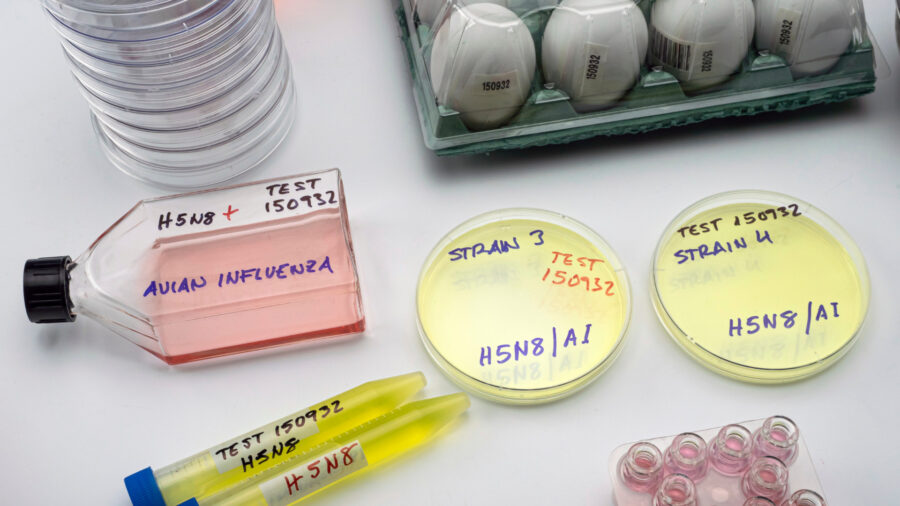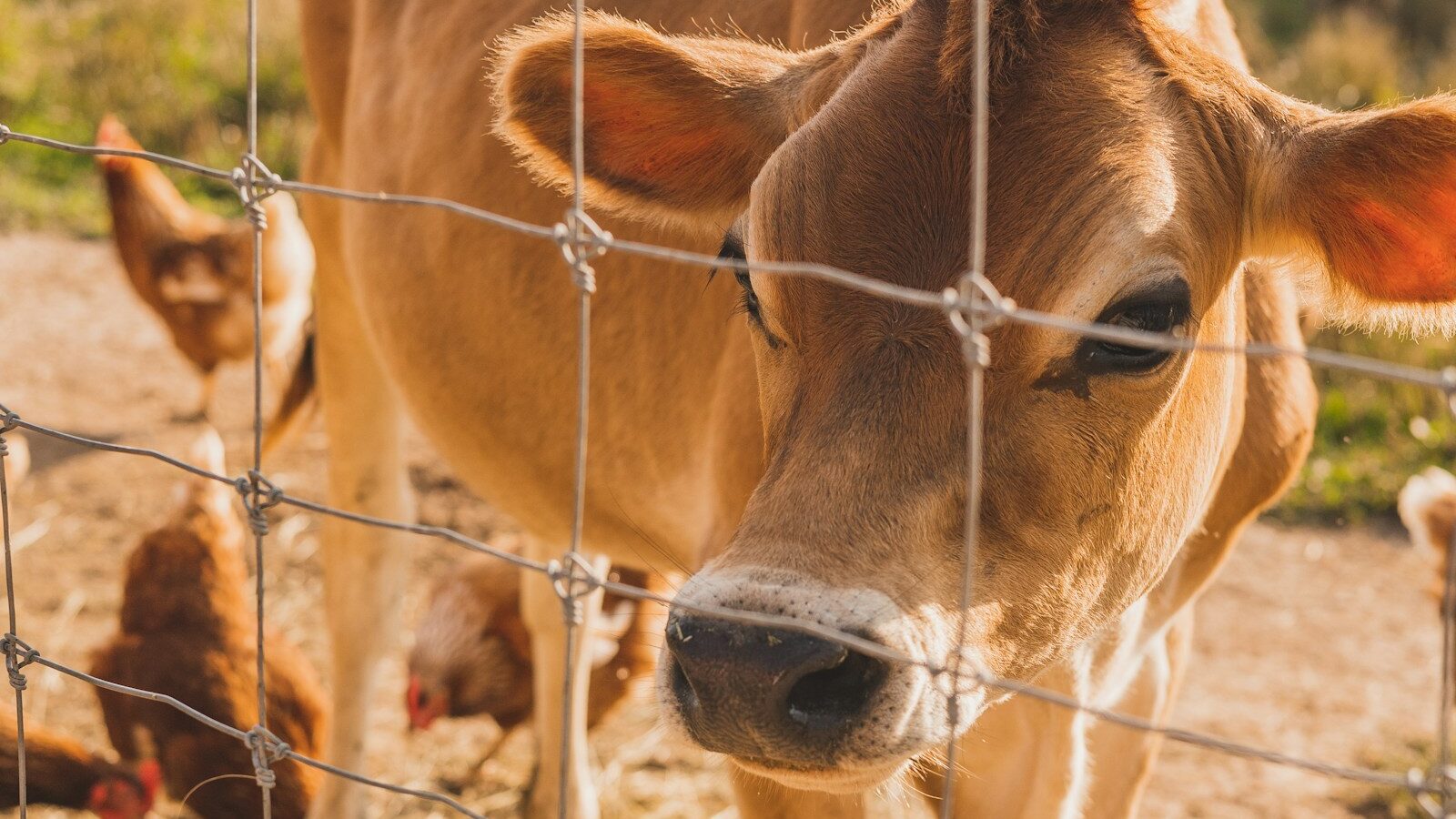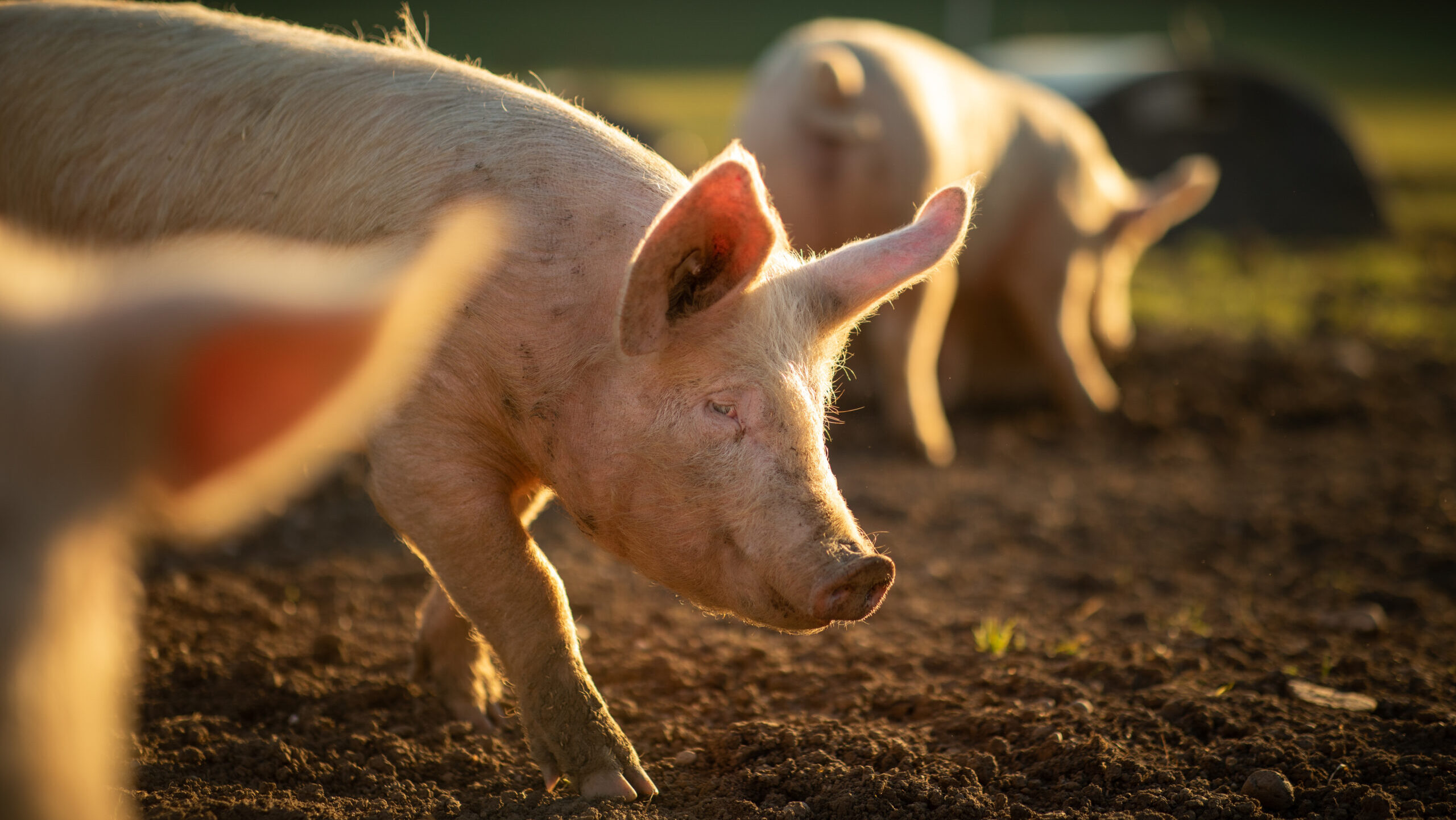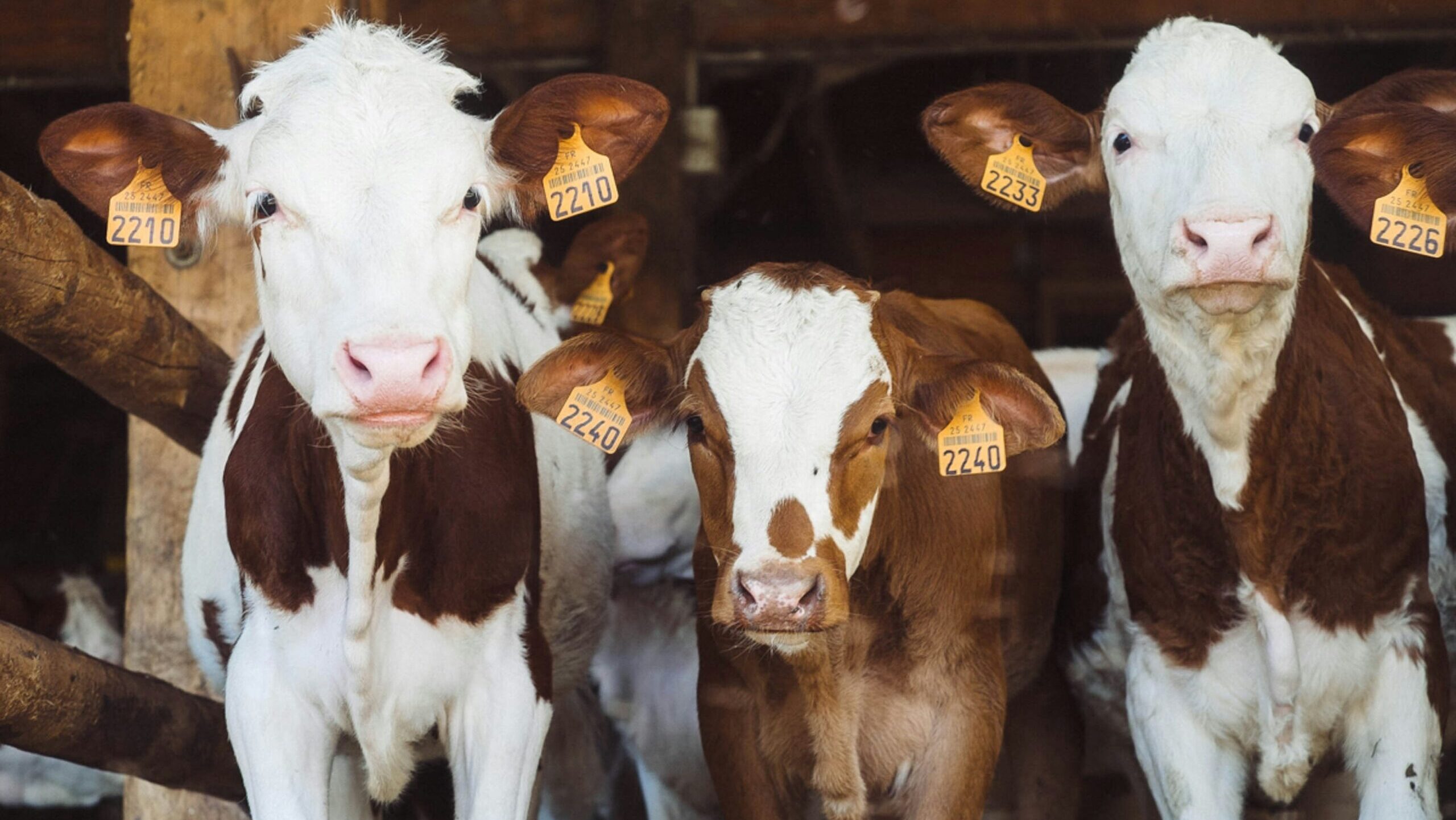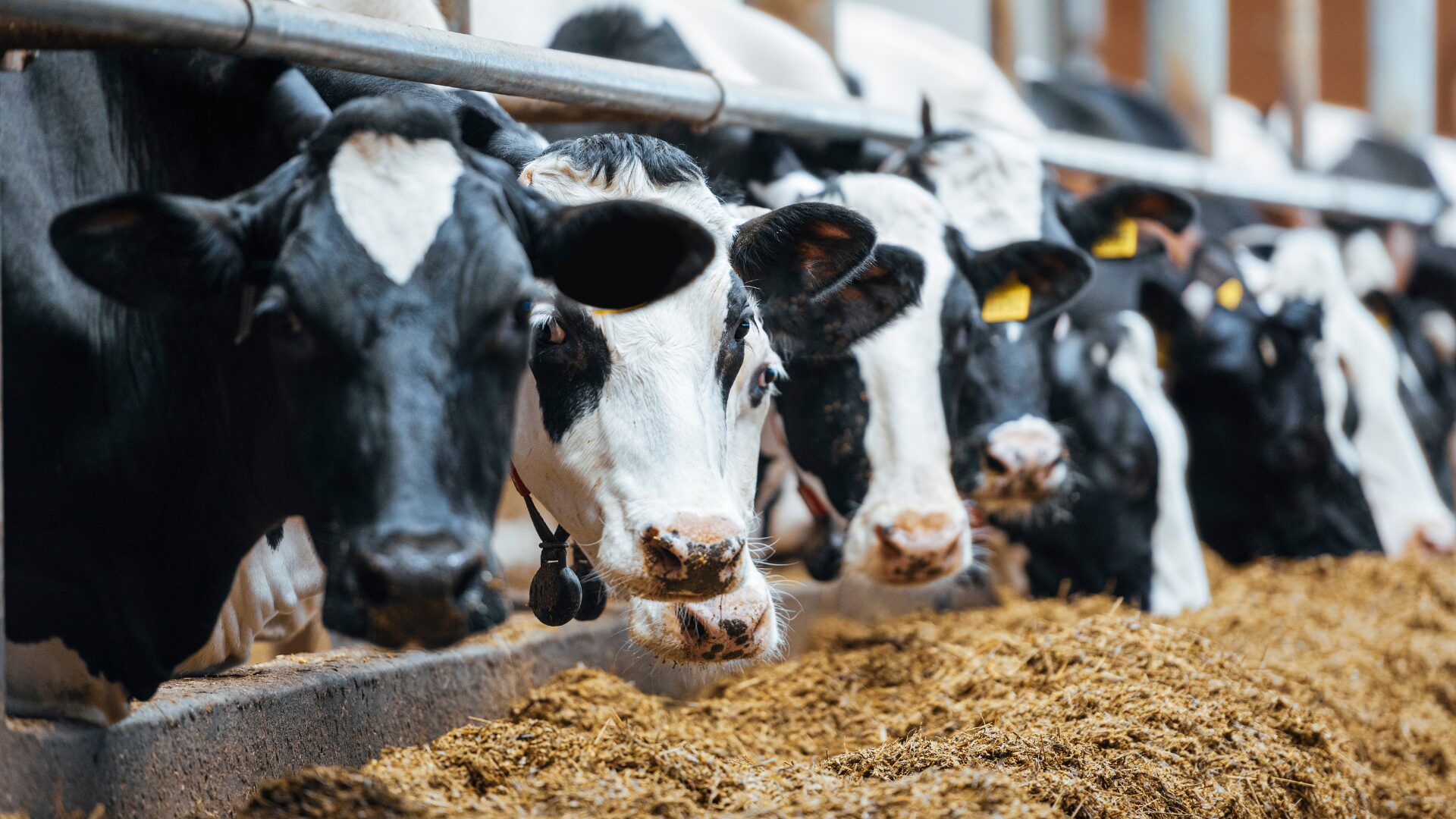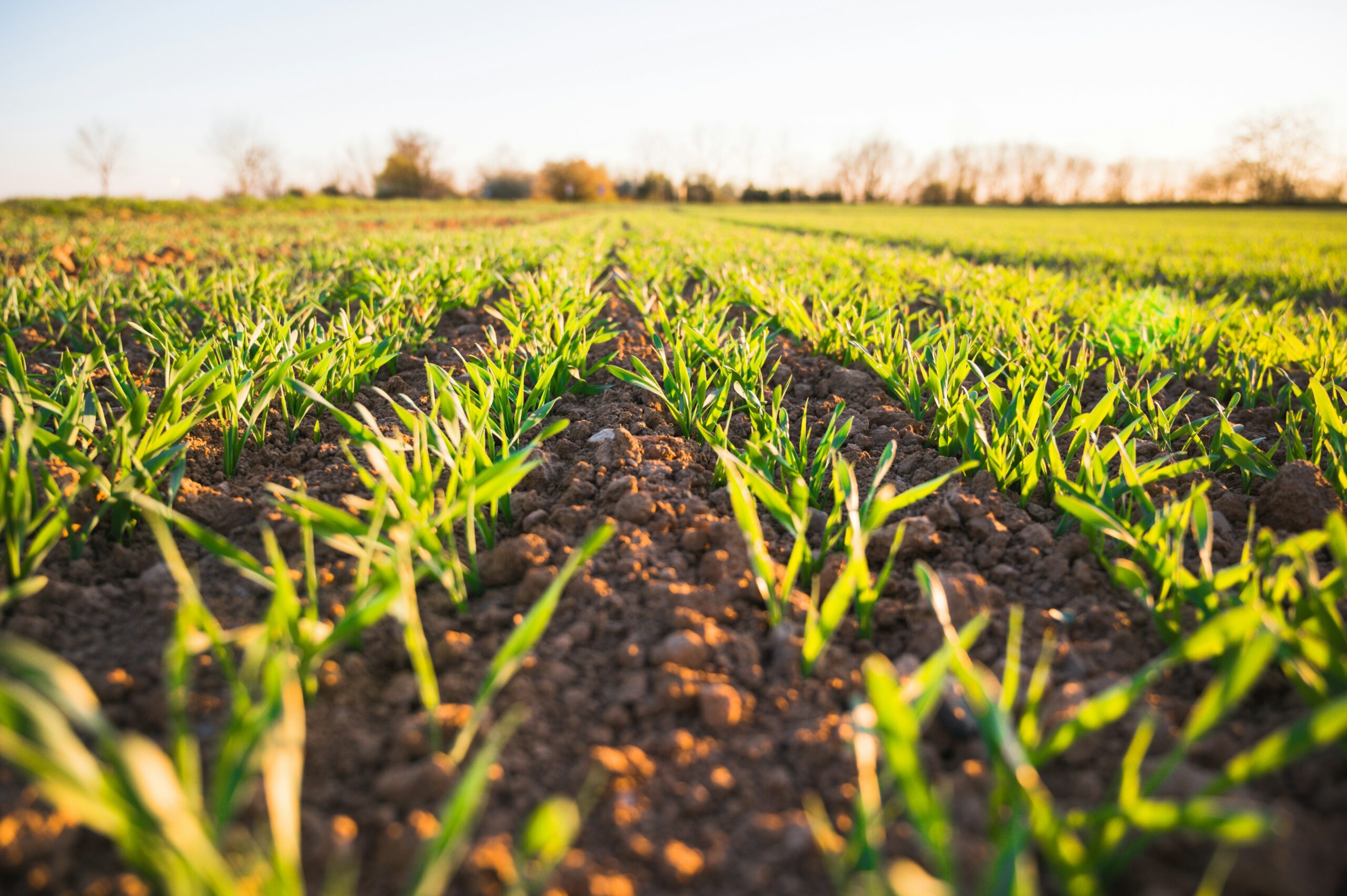Avian influenza has found its way to the Sacramento National Wildlife Refuge, the U.S. Geological Survey’s National Wildlife Health Center lab has confirmed, and wildlife officials say this highly pathogenic H5N1 strain is behaving differently than its predecessors, High Country News reported.
The report noted that before 1996, experts assumed the highly pathogenic strain only hit commercial poultry farms, but the current outbreak has been prevalent in wild bird populations, posing a possible human health hazard, as well as threatening domesticated flocks. No human cases in the U.S. have been reported since May, according to the Centers for Disease Control and Prevention.
“We are in the midst of a completely unprecedented wildlife disease outbreak in North America,” Rebecca Poulson, a University of Georgia research scientist, told High Country News.
“We’ve never seen anything like this.”
Some 510 bird flu outbreaks have been reported since January, affecting more than 47 million birds in 262 counties in 41 states. Since October 1, 20 outbreaks have been confirmed from the Atlantic to the Pacific, the largest in York, Nebraska, affecting 159,500 birds at a commercial gamebird producer.
In other news:
Free produce: A number of cities across the globe are dedicating public spaces to crops and inviting residents to help themselves, The Washington Post reported.
In the U.S., these edible cities stretch from Seattle to North Carolina, and organizers say people generally take whatever they need. The trend began in Andernach, Germany, in 2010. Since then, the Edible Cities Network has funded gardens and orchards throughout the European Union and 150 cities worldwide.
Brazil cattle: A University of Illinois study found changing weather patterns in Brazil, the world’s second largest beef producer, are prompting ranchers to sell off cattle in preparation for the dry season, which has been getting longer as a result of climate change.
Producers generally rely on pasture feeding, which is being severely impacted by drought. The study was published in the American Journal of Agricultural Economics.
Proposition 12: Dr. Joann Lindenmayer, an adjunct associate professor of public health at the Tufts University School of Medicine and alumnus of the Centers for Disease Control and Prevention’s Epidemic Intelligence Service, said the Biden administration may have been misled by the National Pork Producers Council in its bid before the U.S. Supreme Court to overturn California’s Proposition 12, which bans animal cruelty in the production of food.
Lindenmayer in an op-ed published by the Chicago Tribune argued keeping nursing sows in confined quarters contributes to food-borne pathogens. In an amicus brief filed this summer, U.S. Solicitor General Elizabeth Prelogar said California “’has no legitimate interest in protecting” animals located outside the state.


